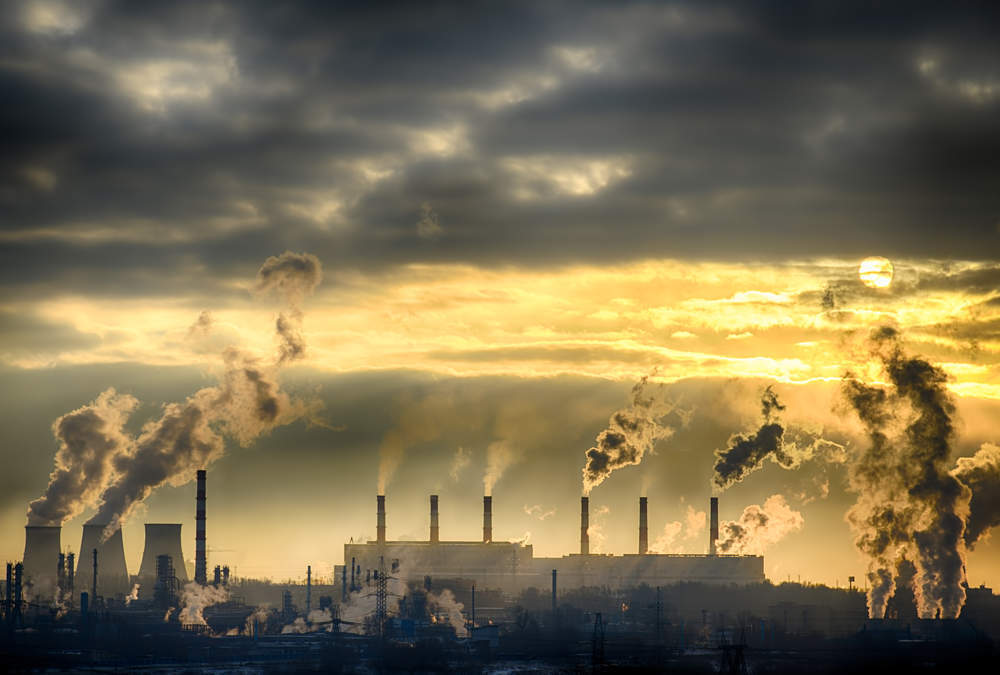
Coal India, Gazprom, and Exxon Mobil have topped a list of most polluting companies, according to a study out today.
The 250 biggest listed companies around the world were found to account for a third of all man-made greenhouse gas emissions but because they are not doing much to limit rising temperatures the effectiveness of climate change initiatives are being questioned.
Only a third of the biggest companies had set strong goals to limit their emmisions, the researchers found, while those that have moved to adopt stronger policies to reduce their carbon emissions were not found to have paid a penalty in terms of shareholder returns, profits or employment.
However, the likes of Xcel Energy, Ingersoll Rand and Total — which have acted strongly to curb emissions — might have seen a positive impact to their bottom lines as a result of the changes.
The Thomson Reuters Financial Risk white paper, written in collaboration with Constellation Research Technology, emissions tracking group CDP, and BSD Consulting, found:
Without continual reduction in emissions from this group of companies, effectively mitigating the long-term risks of climate change is not possible.
How well do you really know your competitors?
Access the most comprehensive Company Profiles on the market, powered by GlobalData. Save hours of research. Gain competitive edge.
 Company Profile – free sample
Company Profile – free sampleThank you!
Your download email will arrive shortly
Not ready to buy yet? Download a free sample
We are confident about the unique quality of our Company Profiles. However, we want you to make the most beneficial decision for your business, so we offer a free sample that you can download by submitting the below form
By GlobalData
It found the emissions from the companies have been flat over the last three years, “when they should have been going down by roughly three percent per year” to limit temperatures in line with goals set by the 2015 Paris climate agreement.
David Lubin, a co-author of the report at Constellation Research and Technology, told Reuters:
250 CEOs – that’s a relatively small auditorium if you can bring together the leaders who really have a significant impact on the fate of the planet.
Meanwhile, a report last week found around nine out of 10 of the world’s biggest companies have plans in place to reduce carbon emissions, but only a fifth of them are doing so for 2030 and beyond and 14 percent of the Carbon Disclosure Project’s (CDP) sample of 1,073 large companies around the world had so-called science-based targets.
What’s being done to try to limit global emissions?
The 2015 Paris Agreement saw 200 countries from around the world promise to curb emissions to limit more heat waves, downpours, and rising sea levels and said they would work to involve the private sector.
The accords require member country governments to take action to hold warming to no more than two Celsius, with an aspirational goal of keeping warming to even lower levels, of 1.5 Celsius.
However, US president Donald Trump — who has previously said he has doubts human activity is the cause of climate change and has even suggested it could be a Chinese conspiracy — has said the US will pull out of the deal that would see the US make payments to support poorer nations.
Companies are not bound by the Paris agreement.
Read more: Paris Climate Agreement: What are France’s flagship four measures?
It’s likely though the US will still hit its Paris Agreement targets.
Meanwhile, around 200 nations will meet in Bonn, Germany, next week to work on a detailed rule book for the Paris Agreement and ways to bolster the pact after Trump’s planned withdrawal.







